|
It's that time of the year. Have fun!
1. Jingle Bells 3 hand piano duet with free downloadable score. 2. Jingle Bells boogie woogie for solo piano with free downloadable score. 3. Silent Night 3 hand piano duet with free downloadable score. My scores do not require registration. David
0 Comments
This was discussed yesterday in class with a student who is a bass playing retiree. He is not a beginner. I'm his jazz teacher. We compared notes on what to practice by comparing what he is currently doing with my suggestions. He started us off.
Student: Jazz Practice session
Teacher: Music practice suggestions.
If I can help you, please call me. - David Story, Online Piano Lessons from Toronto Learning to count rhythm is a primary skill in music reading. It will involve counting aloud, clapping hands, playing with a metronome and more. Below are examples of my preparations and practice strategies for a recent concert with the Metropolitan Silver Band in Toronto where I'm the drummer. As you can see, even trained musicians count and mark things up. David
1. This chart helps to explain why taking notes is so important at a lesson. Don't just rely on the teacher's notes. Writing notes will help you to remember the class with more clarity.
2. This chart explains why the best time to practice is immediately after the lesson. 3. This chart explains why spaced repetition is so important. We forget most things we've learned if we don't heed the science of forgetting. 4. This chart demonstrates that we forget two-thirds of what we practiced the day before. 5. The chart should give you comfort that you are a normal learner. 6. The Harvard paper below offers some concrete helpful information on memorisation. If I can help you, call me. David References: Replication and Analysis of Ebbinghaus’ Forgetting Curve | PLOS ONE How Memory Works | Derek Bok Center, Harvard University I teach many retired professionals. Some are lapsed musicians; others are just starting out their piano journey. All of them are keen. To help out, I've taken notes of some of the characteristics of my successful students.
If I can help you with your dream of playing the piano, call me. David Tips for playing piano beautifully. Concert artists have dedicated years learning to play the piano beautifully. They have studied and mastered all the elements of their craft: repertoire, technique, aural skills, sightreading, performance practice, historical awareness, idiomatic knowledge, and more. However, they all had to start somewhere. So here is a starting point for beginners and intermediate pianists looking to elevate their interpretive skills.
This is a starting point for expressive playing. To develop a more sophisticated understanding one must transcribe the performance practice of professionals from different eras performing your pieces and compare the results. For example, when comparing performances of the first 8 measures of Scarlatti’s Sonata in E K380 over decades of recordings you will discover the diverse ways the musicians interpret the trills. Most start above the principle note, but not everyone. The intensity, tempi, and dynamics vary as well. If I can help you further, call me. David
|
You've got to learn your instrument. Then, you practice, practice, practice. And then, when you finally get up there on the bandstand, forget all that and just wail. AuthorI'm a professional pianist and music educator in West Toronto Ontario. I'm also a devoted percussionist and drum teacher. Categories
All
|

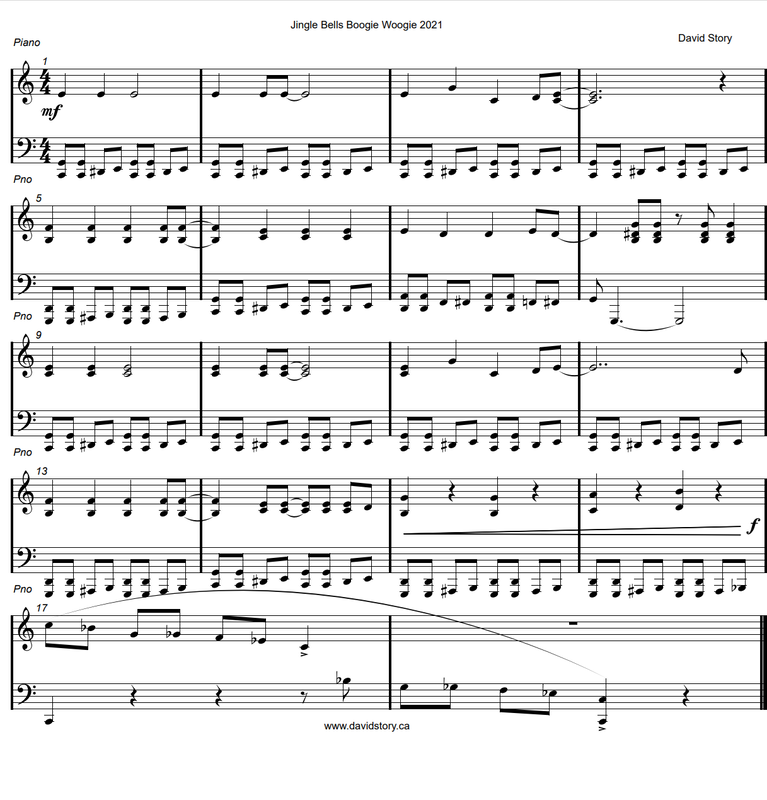
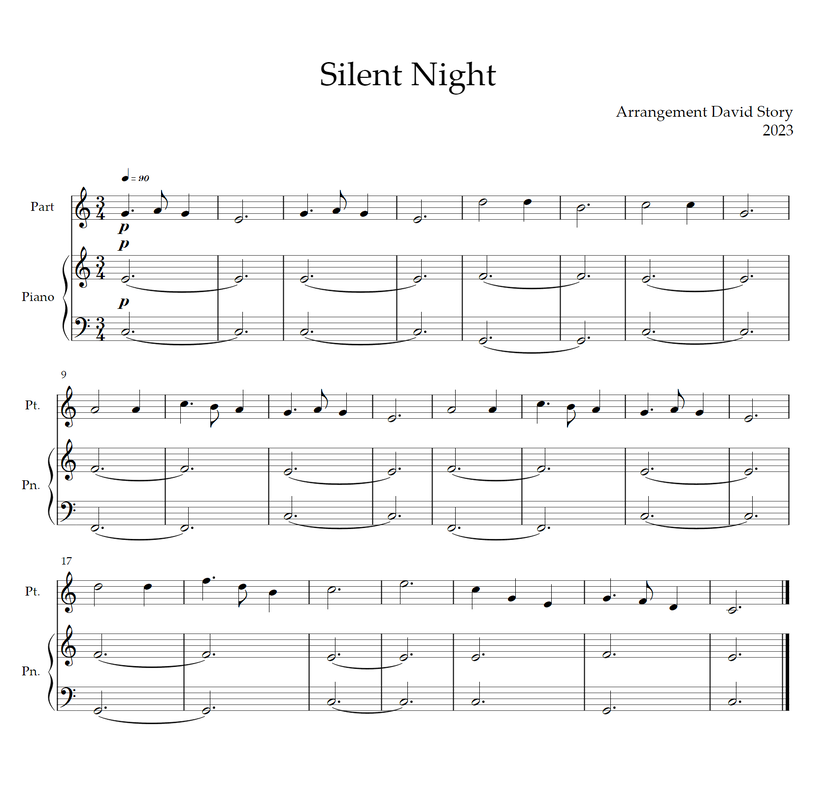
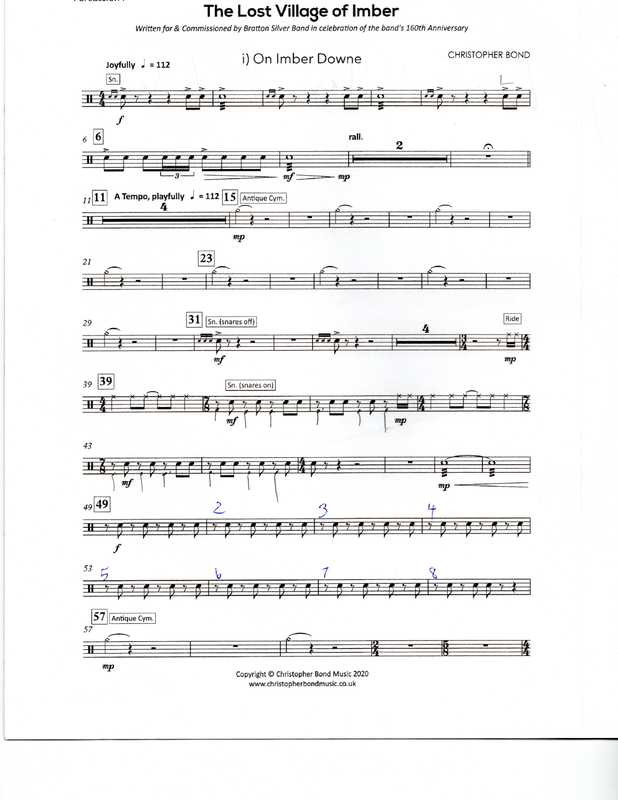
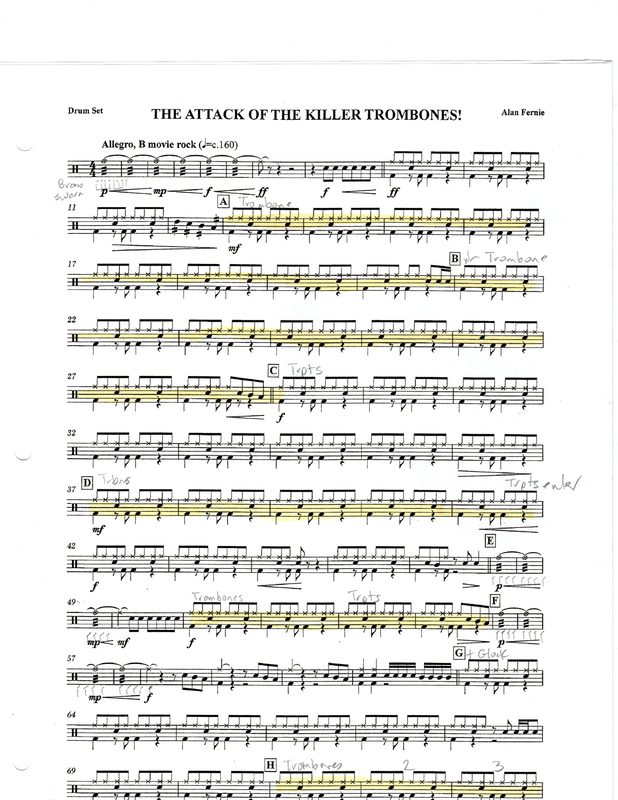
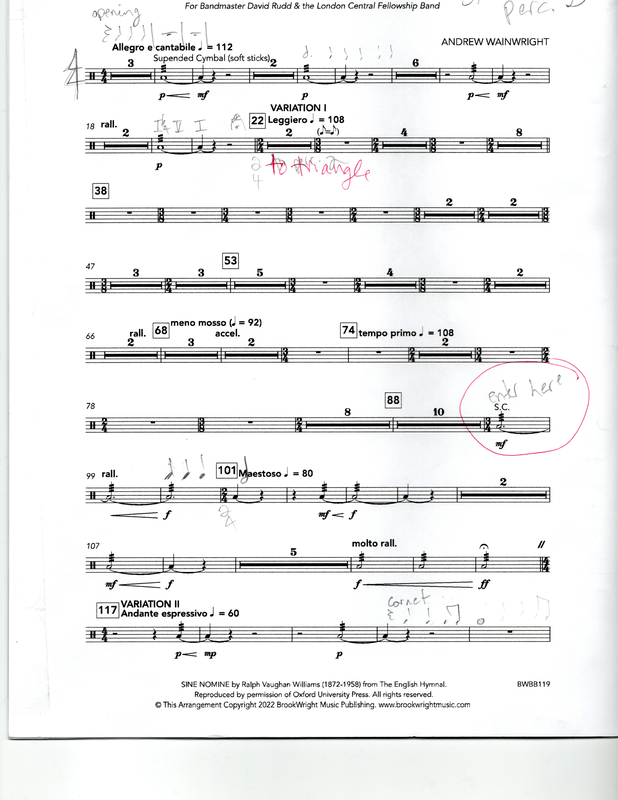
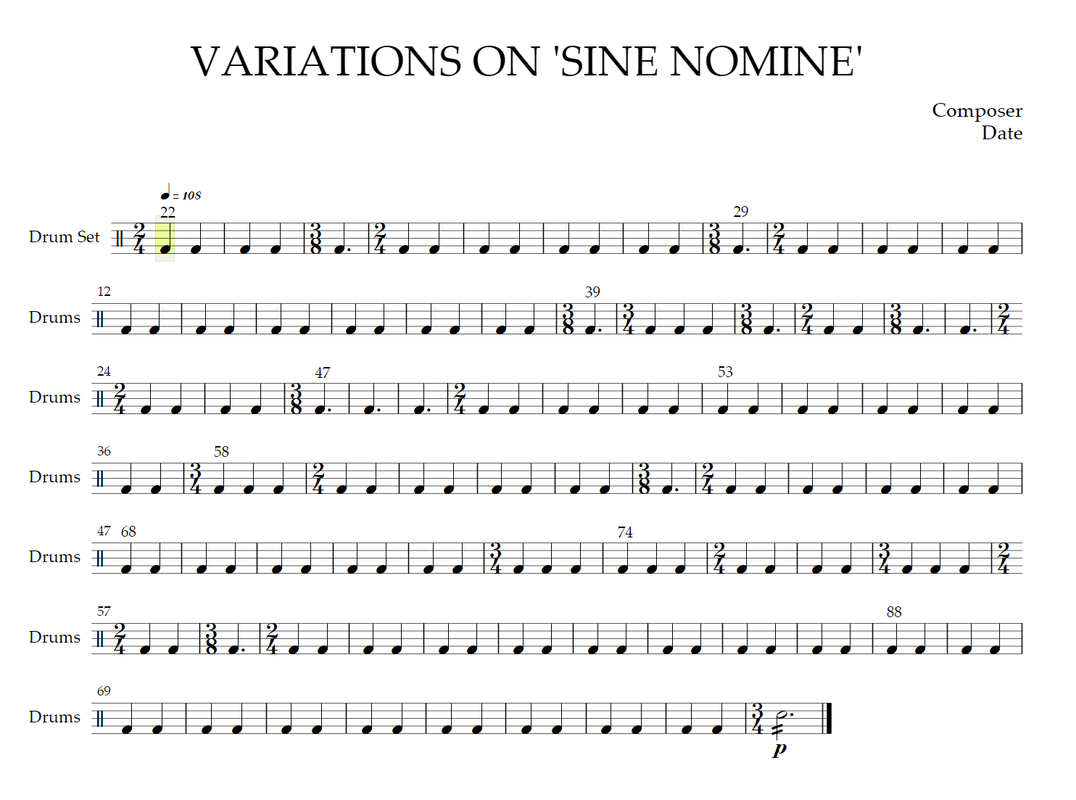
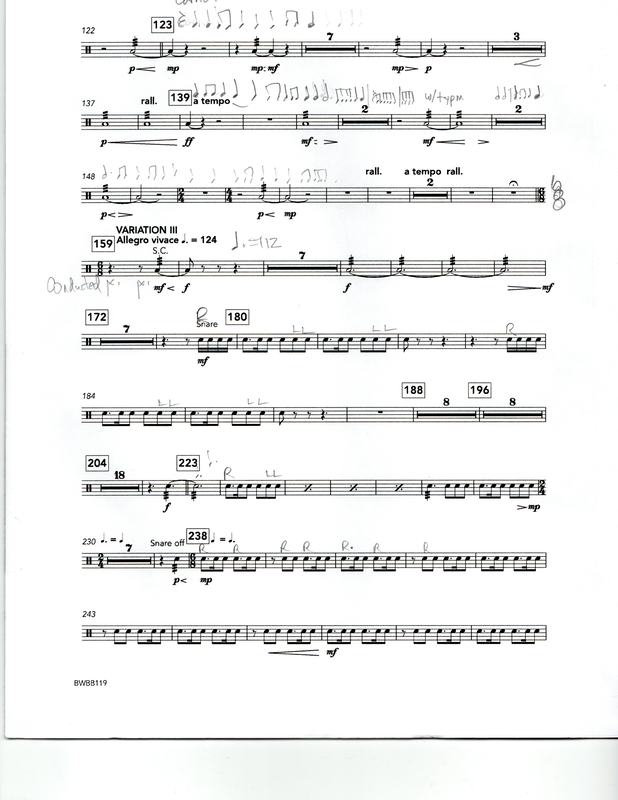
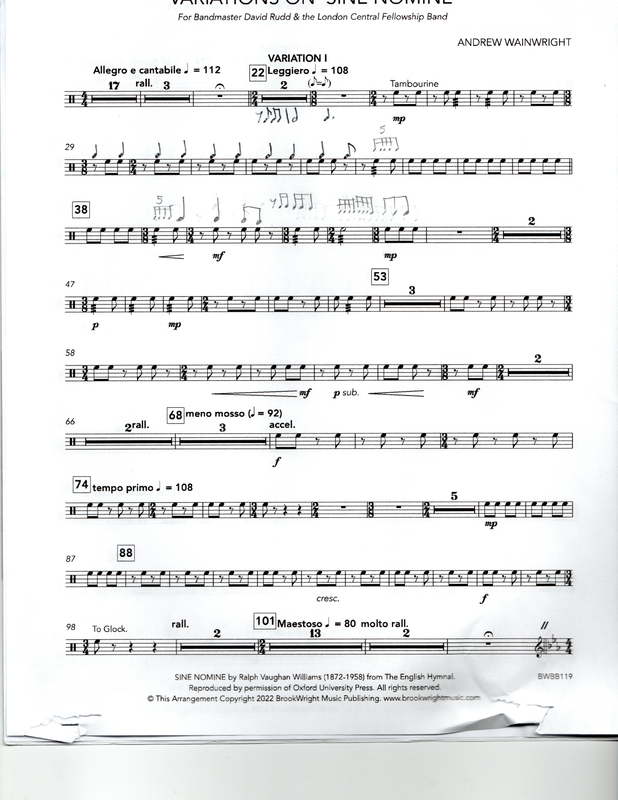
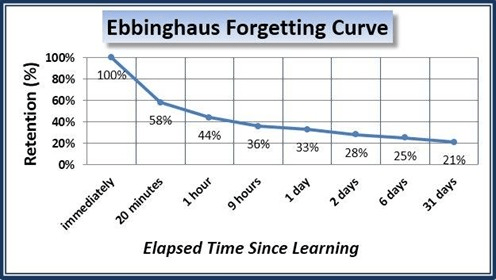
 RSS Feed
RSS Feed